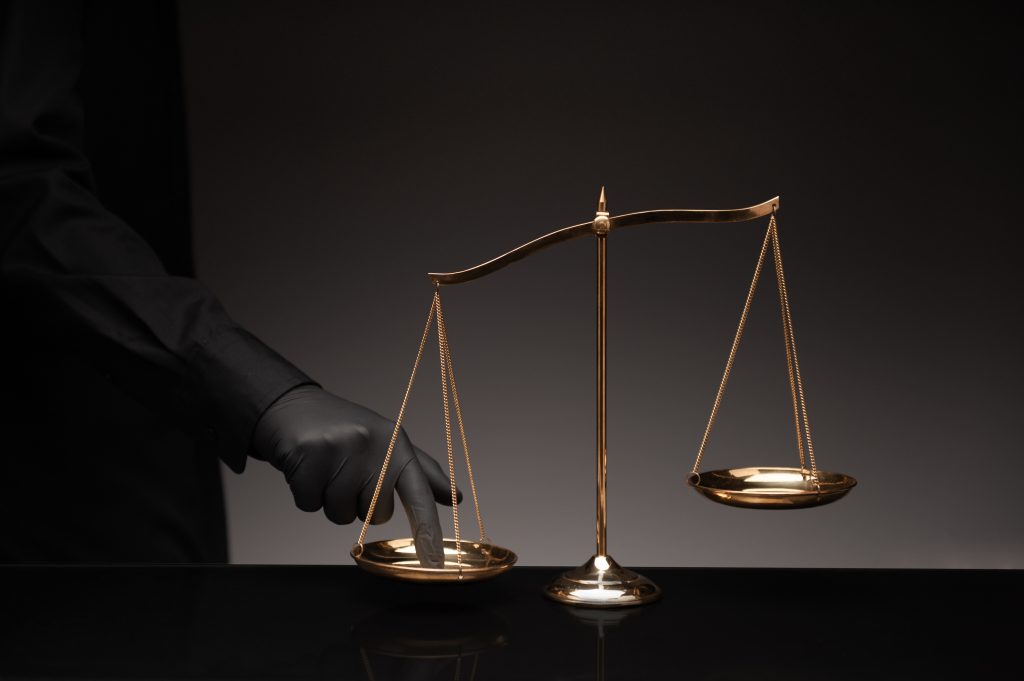Earlier this month, the Santa Clara City Council spent hours duking it out over how to respond to a civil grand jury report that takes aim at its dysfunction. However, that meeting’s goal was to establish the council’s position.
In addition to requiring the council to respond as a body, the grand jury also required each council member to respond to the claims contained in the report, titled “Irreconcilable Differences.” Those responses paint a similar picture to the issues raised during deliberations.
Perhaps the biggest issue, according to council member responses, is the grand jury, in Council Member Raj Chahal’s words, “cherry picking” behavior.
Claiming to have watched “400 hours” of meetings, the grand jury called out several council members’ behavior from the dais. However, absent from those pointed criticisms were any directed at Mayor Lisa Gillmor or Council Member Kathy Watanabe. Unsurprisingly, both Gillmor and Watanabe’s responses basically amount to agreeing with every finding and recommendation.
As Vice Mayor Anthony Becker puts it in his response, the behavior on the dais could undoubtedly be improved, but the grand jury’s accusations are not lobbed at the “whole city council, including the mayor.” This lopsided characterization calls into question, in the eyes of the council majority, the motives behind such attacks.
“The fact that the narrative focuses on the five as a group in collusion seems more to imply a biased jury,” Council Member Kevin Park wrote in his response. “Interestingly, some of the arguments used by the jury were exactly those used by members Watanabe and Gillmor in council meetings. Rather than make findings, it seems like the jury was told what to look at, or what to say.”
Many of the grand jury’s conclusions call for specific members to take various types of training. That training includes ethics training and training in parliamentary procedure. Further, the grand jury chastises several council members for more passive things such as “snickering” or “smiling.”
Several council members, in their responses, saw the discourse as them defending themselves, or, as Chahal put it, “[r]espect is two-way traffic.” Similarly, some said what the grand jury characterizes as “disrespect” is simply disagreement, or as Becker puts it, that council members “engage in very robust discussions.”
“Democracy is about debate, disagreements and compromise. Council members can disagree without being disagreeable,” Council Member Karen Hardy wrote. “My experience is council members weigh the facts and vote their conscience. The lack of ethics claims are subjective and only reflect a difference of opinion … There is nothing illegal or wrong with such[,] and one should not make assumptions about someone else’s actions or intent. Also[,] I am only responsible for my own reactions, not other people’s. We should treat each other with respect, and it is not my job to ‘police’ others.”
Council Member Suds Jain, in his response, points out what he sees as pettiness on the part of Gillmor and Watanabe. Overall, he wrote, the council works very well together. Frequently, Gillmor or Watanabe will go against the majority simply because the idea is not one of theirs.
For instance, he points to the duo opposing the Santa Clara Lawn Bowlers clubhouse in June and Gillmor red-sticker vetoing several of his ideas at the council’s priority setting session, despite him not poo-pooing any of her suggestions.
“Gillmor has acolytes who constantly abuse [c]ouncil members and create videos that suggest they are acting unethically,” Jain wrote. “Gillmor texts constantly from the dais[,] which I consider to be ex-parte communication where it seems she is coordinating these attacks.”
Similarly, Park took issue with the grand jury painting his taking aim at a member of the public designated “special advisor to the mayor” as unethical. He wrote that “no person — even a person to an appointed position — should feel free from criticism,” noting that he was taking a shot at the position, not the person holding the position.
As evidence of how low it will stoop to seemingly substantiate its arguments, Park pointed to the grand jury using unresolved matters — such as California Fair Political Practices Commission complaints — as fodder for its accusations. He noted how the Constitution ensures that people are innocent until proven guilty.
Along with Park, his colleagues also invoked higher notions of justice, ones that harken back to the country’s founding.
“Lady Justice is a symbol of the judicial system that stands for the belief that courts and judicial system protect the rights of the people without consideration of other factors,” Chahal wrote. “She is often depicted as a blindfolded woman, holding scales and a sword, which represent impartiality, fairness, and the pursuit of justice. I expected the same impartiality and fairness in this grand jury report for the findings and recommendations[,] which I think is [sic] missing.”
